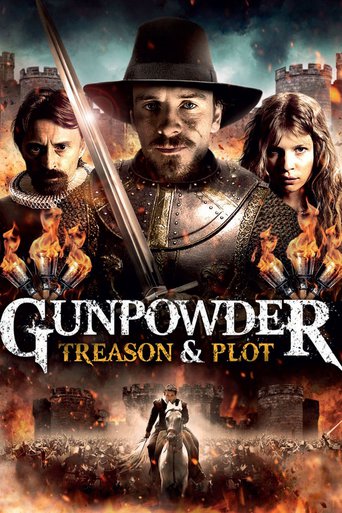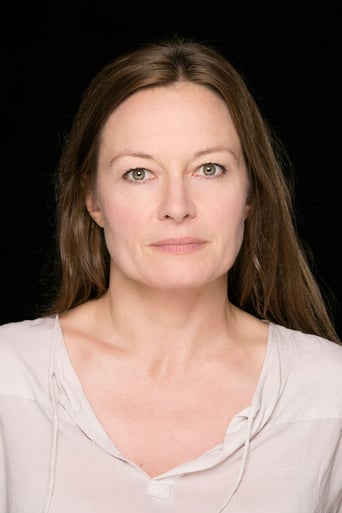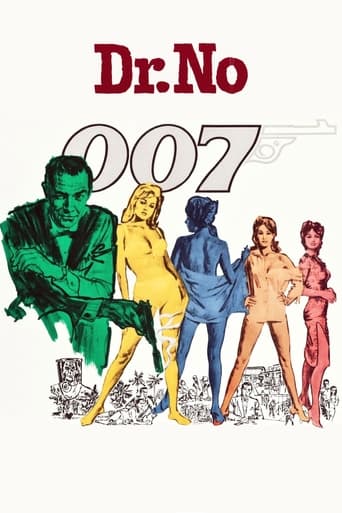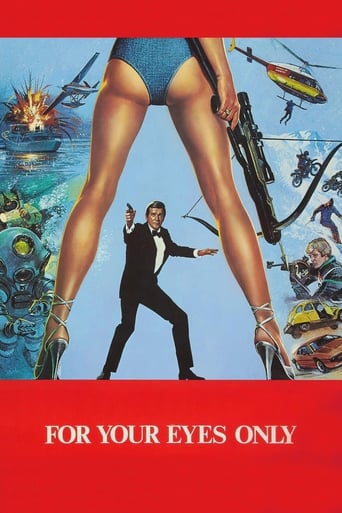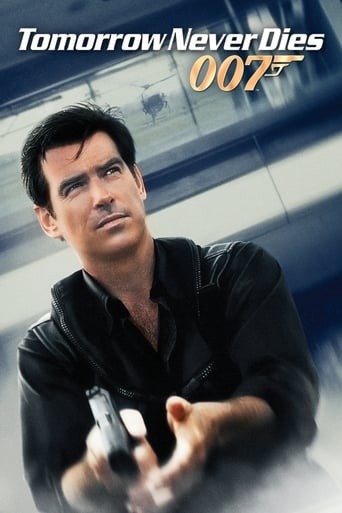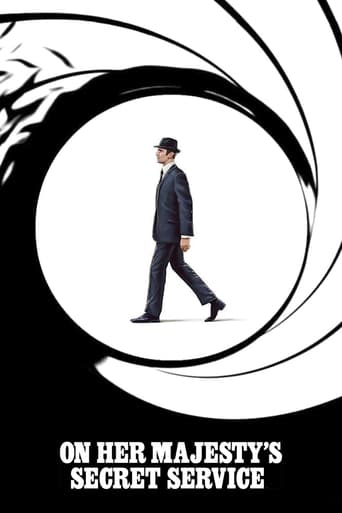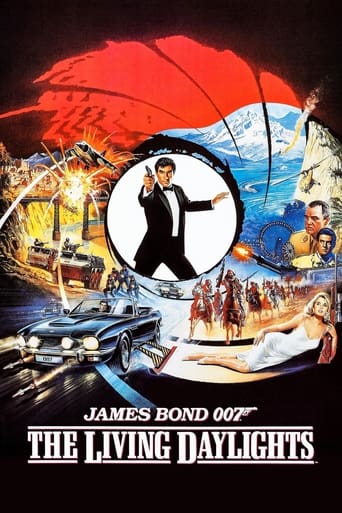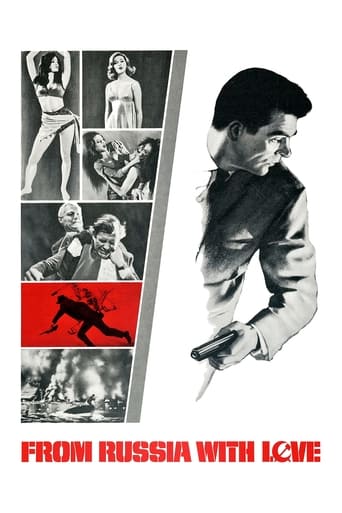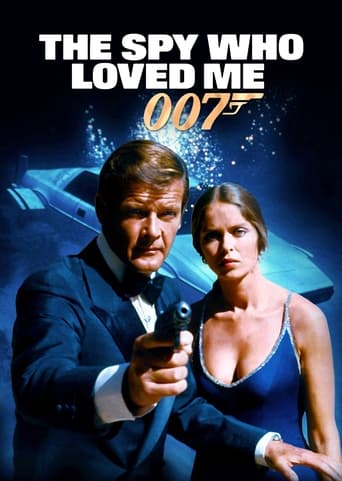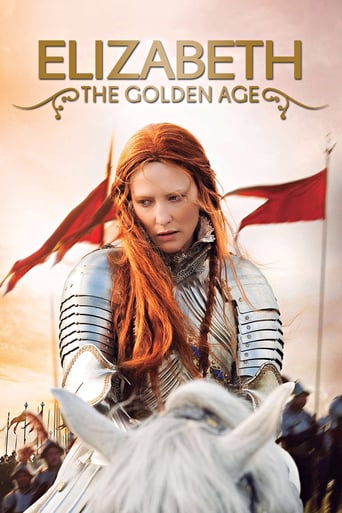Gunpowder, Treason & Plot (2004)
A BBC miniseries based loosely on the lives of Mary, Queen of Scots, and her son James I of England.
Watch Trailer
Cast


Similar titles
Reviews
It was expected that this series would take an anti-Catholic tone, after all, it appears most of England had grown rabidly anti-Catholic (not without reason) at this time.But in scenes where the Catholic plotters were planning to blow up the Parliament, it was a bit disturbing to have the script make the characters use terms such as "martyrs to the cause" and decide that, if innocent Catholic bystanders were to be killed by their plot, that was "alright", since they would be dying for the Church or something like that.Personally, I don't think Fawkes and company thought in those lines, since they needed all the Catholics they could get, since they were in a minority in Britain. Were the producers making the Catholic plotters appear like something out of today's Al-Qaeda, to make the film more "familiar" to today's audiences? The Protestants don't appear too angelic either. The ending sequence where King James I appeared totally mad or ruthless before Parliament, talking about unspeakable punishments for the plotters who only wanted "tolerance" - well, that sort of appeared like the producers were trying to get people to equate the King's behavior to Washington's response to 9/11 and come out thinking that the USA's reaction was quite over the top too. A political statement if there was one.And where did they get it that James I may have been homosexual and had a hard time to have a "normal" relationship with his wife? The historical James I had 9 children by Queen Anne.The point is, costume dramas have all the potential to be great dramas, without having to "adapt" the script to make the historical characters act and speak in a way that would make them look contemporary.At any rate, it was interesting TV fare. *** out of *****
From the script and from Robert Carlyle's performance, you'd have no inkling that James I was anything other than a degenerate, evil homosexual. Therefore you lose interest in watching the show because his character has no redeeming qualities. Contrast this portrayal with a quote from an historical website: "Along with Alfred the Great, James is considered to have been one of the most intellectual and learned individuals ever to sit on the English or Scottish Throne. Under him, much of the cultural flourishing of Elizabethan England continued; individuals such as Sir Francis Bacon (afterwards Viscount St Albans) and William Shakespeare flourished during the reign. James himself was a talented scholar, writing works such as Daemonologie (1597), The True Law of Free Monarchies (1598), Basilikon Doron (1599) and A Counterblast to Tobacco (1604)." (http://en.wikipedia.org/wiki/James_I_of_England) There was absolutely no evidence of anything but venality and repulsiveness in the depiction of James I in this TV show.
Another entry in the revisionist-history-as-told-with-human-body-fluids school of European melodrama. Whereas "Elizabeth" showed the execution of the queen's enemies as a recreation of "The Godfather"'s wedding-cum-massacre scene, this anachronistic masterpiece revels in outdoing Quentin Tarantino in execrable behaviour, gratuitous gore, meaninglessness and sexual perversion. Not even enjoyable as sadistic pornography, this portrayal of James VI of Scotland (James I of England) as an R-rated video game Richard III will give you nightmares and the heaves. O times, O mores! I wonder how these films and mini-series ("Vatel", "The Affair of the Necklace", "Le Roi danse", "Saint-Cyr", etc.) get written. Do producers lure satanic literary failures with delusions of artistic misogyny and misanthropy and lock them up in unholy writing workshops, with promises of money and drugs, until someone comes up with a suitably repulsive script? Whatever the method for this madness, it works, the plays get produced and they make money. Some people even like them.You know there is something fundamentally flawed with this "historical" production when the list of stuntmen is longer than the list of speaking parts and the songs on the soundtrack are in Romanian...
This is a BBC historical drama penned by Jimmy McGovern shown in 3 episodes starting in 1561 with the turbulent reign of Mary Queen of Scots and climaxing with the dastardly plot conceived by Robert Catesby, Guy Fawkes et al to assassinate her son King James by blowing up Parliament on November 5 1605. It is a lively piece, full of political and religious intrigue and very bloody in parts - believe me, the sword is not spared. The directorial style, particularly in the final episode was at times a little disconcerting; some of the characters would suddenly turn and speak directly to the camera, but this was my only criticism.Some great performances, in particular that of Robert Carlyle as a moody, intense and utterly ruthless King James. An unrecognisable Catherine McCormack (remember Murron, William Wallace's young wife in Braveheart?) plays a scheming, all-powerful Queen Bess ("DESTROY HIM!"), whose scenes are sadly brief but memorable. Clemence Poesy, a gorgeous young French actress, gives the character of Mary a naivete and sensuality previously unseen in period pieces covering this time-frame. British audiences will recognise a now fully-grown Paul Nicholls (young Joe Wicks from Eastenders) who clearly relished his scenes playing the doomed Lord Darnley. (A possible future Bond, perhaps). Steven Duffy does well as a treacherous and highly ambitious Lord James, half-brother of Queen Mary, while Kevin McKidd lends dignity and heroism to the character of Bothwell, lover of the young Queen. Tim McInnerny is previously well-known for his comedic performances in the historical comedy Blackadder, so it was a nice change to see him as the cold, calculating Cecil, most powerful man in England.The accuracy of certain events will no doubt be disputed by historians (the execution of Queen Mary, for example: never before have I seen it portrayed as a plot by James VI to murder his mother in order to get his own hands on the English Crown). But it is a highly enjoyable period drama whose main theme, the eternal struggle between Protestant and Catholics, is used to great effect to portray the events leading up to one of the most infamous plots in British history, commemorated every single 5th November all over these islands ever since.

